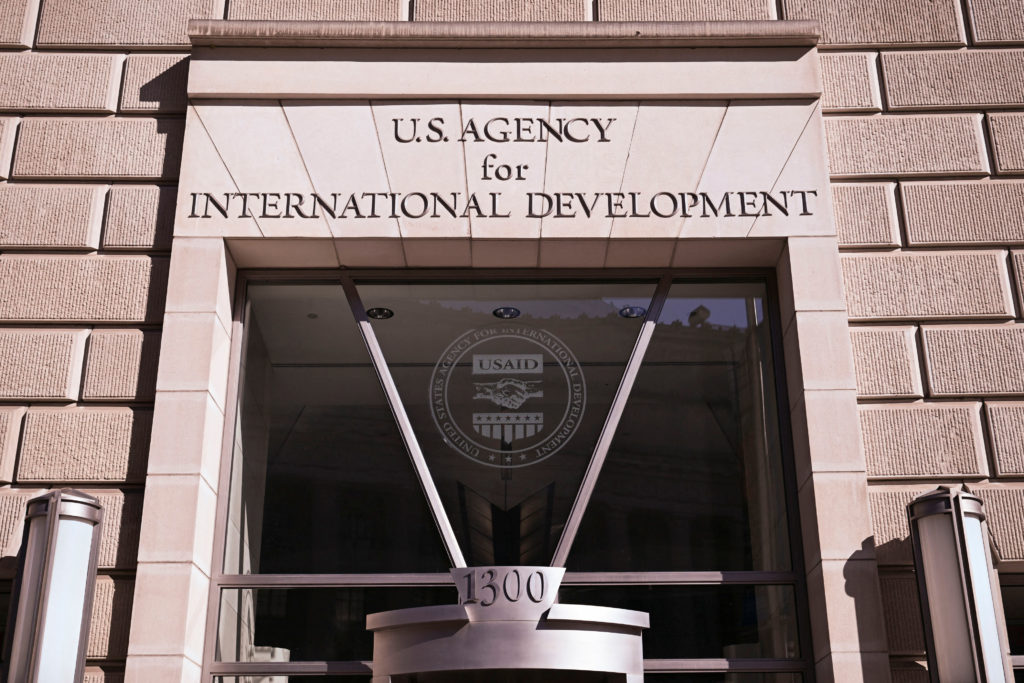
Two weeks into President Donald Trump’s second term, it is clear that his administration planned an early shakedown of the United States Agency for International Development (USAID). The speed with which the White House and Elon Musk’s Department of Government Efficiency (DOGE) froze foreign assistance accounts, shuttered USAID’s Washington, DC office, and recalled USAID employees from around the world signals Trump’s desire to fundamentally revamp Washington’s approach to foreign aid.
On February 3rd, the White House published a list of “waste and abuse” at USAID: $2 million for “sex changes and ‘LGBT activism’” in Guatemala, $70,000 for a “DEI musical” in Ireland, $47,000 for a “transgender opera” in Columbia, and $32,000 for a “transgender comic book” in Peru, among others. In the grand scheme of the U.S. federal budget, these figures are small. For many countries around the world, however, the Biden administration’s activist left-wing agenda that pervaded U.S. foreign assistance was not received favorably. In a private meeting last year, public and private sector representatives from various Central Asian states shared quite bluntly that Washington’s woke proselytizing made working with America harder, not easier.
Strategically, Trump is right to retool Washington’s approach to foreign assistance. Tactically, however, DOGE’s sledgehammer approach to USAID is imperiling the good programs that advance U.S. national interests — specifically those targeting the malign influence of the People’s Republic of China (PRC) and the Chinese Communist Party (CCP). Trump has good reason to protect and strengthen these initiatives: they originated in large part during his first term in office.
Over the past eight years, USAID has quietly undertaken an impressive counter-CCP agenda. Foremost among these was the Clean Network, Trump’s efforts to help interested nations rip out CCP-controlled telecommunications equipment from companies like Huawei, and replace it with trusted hardware. Then-Secretary of State Mike Pompeo launched it from the State Department in 2020, but USAID was responsible for significant financing. This program serves America’s national security interests at the most basic level: Huawei hardware and software affords various espionage options to the CCP and could materially impact the U.S. military’s operations around the world.
Consider USAID’s Infrastructure Transaction Advisory Services. One would never know it by the name, but its purpose is to finance U.S. companies competing against PRC state-owned enterprises (SOEs) and Belt and Road Initiative (BRI) projects. The Trump administration stood up the initiative in 2019. Since then, USAID has zeroed-in on key regions that Beijing is targeting for economic exploitation: the Pacific Islands, Southeast Asia, sub-Saharan Africa, and Latin America. Foremost among these projects is USAID’s support for constructing an undersea cable for Palau, a COFA partner of the United States and a victim of CCP harassment.
For all its faults, the Biden administration built on Trump’s approach. In 2024 USAID provided $1.3 million to help the Dominican Republic rehabilitate the Port of Manzanillo. This was not accidental. According to a conversation with Francisco Bencosme, former China Policy Lead and Senior Policy Advisor at USAID, several Chinese companies were bidding on this same project before USAID stepped in. Bencosme also referenced the Agency’s work to support local newspapers in Global South nations to lessen their dependence on CCP-controlled outlets like Xinhua. USAID also prioritized economic support for Taiwan’s diplomatic partners to blunt Beijing’s efforts to isolate Taipei.
But USAID’s support for Taiwan isn’t limited to economic assistance for Taipei’s allies. The Agency helps Taiwan with its civilian emergency response, from search and rescue training and improving disaster management systems to optimizing Taiwan’s interagency crisis response. This work is not publicized, but it is crucial for building Taiwan’s resiliency in the face of Beijing’s belligerence.
As Trump works to align U.S. foreign aid with America’s national interests, his administration can save time and effort by protecting and preserving what’s already working. During his first administration, Trump had the clarity to recognize that it’s good for America to degrade the CCP’s advantages in telecommunications, infrastructure, and public diplomacy. What some in Trump’s administration may not appreciate is the moral authority the United States garners from these initiatives. Leveraging American money to protect vulnerable nations from Beijing’s predations builds trust and bolsters Washington’s leadership abroad. It would be a severe moral failure if, in its efforts to “de-wokify” U.S. foreign policy, DOGE were to nix the very programs keeping Americans safe.